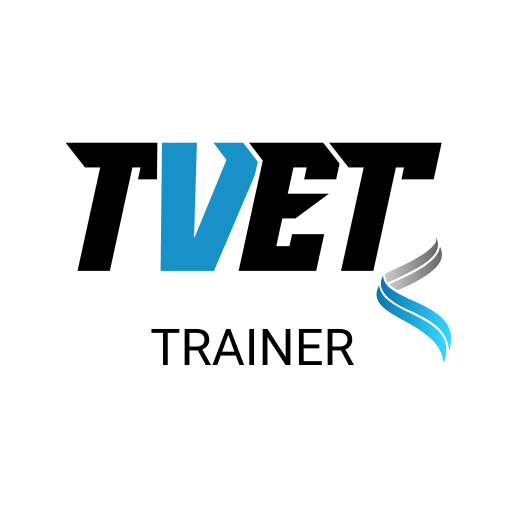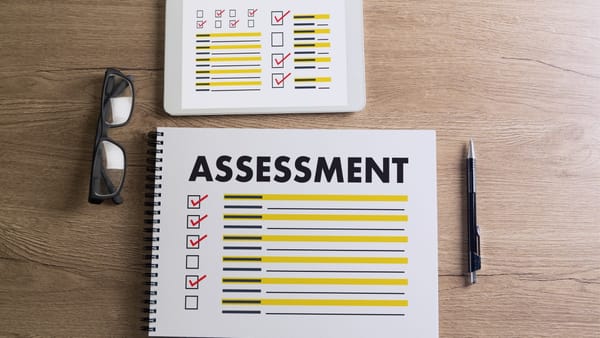
Using evidence-based informed strategies can positively impact inclusive teaching, learning, and assessment, ensuring all students have equal success opportunities. Evidence-informed strategies help create environments catering to diverse needs, promoting engagement and achievement. Here, we explore several effective strategies, their analyses, and practical implementations.
Peer Mentoring
Peer mentoring supports inclusion and belonging in higher education. Mentors guide new students, share experiences, and encourage community. Studies show peer mentoring boosts retention rates and academic success, especially for underrepresented groups.
Analysis and Effectiveness:
Social relationships facilitate learning and integration. Successful programmes require careful mentor selection and training. Training should cover empathy, active listening, and cultural competence. Research by Holt and Fifer (2018) suggests that well-trained mentors positively impact mentees' academic and social experiences.
Practical Implementation:
To implement a peer mentoring programme:
- Recruit experienced students with strong communication and interpersonal skills.
- Provide comprehensive training on unconscious bias, empathy, and inclusive practices.
- Create structured mentoring schedules with continuous support and resources.
Group Discussion
Group discussions engage students with the material, allowing them to share diverse perspectives and learn collaboratively. This approach suits various learning preferences and backgrounds.
Analysis and Effectiveness:
Group discussions promote critical thinking and deeper understanding by exposing students to multiple viewpoints. This method also develops communication, negotiation, and teamwork skills. Research indicates diverse group compositions enhance learning outcomes. Effective discussions require environments where all students feel comfortable participating.
Practical Implementation:
To facilitate inclusive group discussions:
- Establish ground rules promoting respectful dialogue and active listening.
- Select diverse group compositions.
- Provide clear instructions and use scaffolding techniques to guide discussions.
- Monitor and intervene to ensure balanced participation.
Cooperative Learning Situations
Cooperative learning involves students working together towards shared goals, nurturing community and interpersonal skills while learning from peers.
Analysis and Effectiveness:
Grounded in social interdependence theory, cooperative efforts produce higher achievement and more positive relationships than competitive or individualistic efforts. Studies by Johnson and Johnson (2009) show cooperative learning enhances academic achievement, self-esteem, and social skills. Success depends on well-structured activities and roles within groups.
Practical Implementation:
Effective cooperative learning strategies include:
- Assigning specific, complementary roles within groups to ensure active participation.
- Setting clear, shared goals with group incentives to motivate effort.
- Facilitating structured group processing and reflection to internalise learning and improve dynamics.
Scaffolded Questions and Learning
Scaffolding provides tailored support to help students progress through complex tasks. It includes breaking down information, modelling problem-solving, and offering guided practice.
Analysis and Effectiveness:
Scaffolding dynamically adjusts to learners' needs, offering support when necessary and gradually removing it as proficiency increases. This method improves understanding and retention by making complex concepts accessible. Research by van de Pol, Volman, and Beishuizen (2010) highlights scaffolding's role in enhancing engagement and achievement, particularly for students struggling with traditional methods.
Practical Implementation:
To implement scaffolding effectively:
- Use various questioning techniques to guide students from lower-order to higher-order thinking skills.
- Break down complex tasks into manageable steps.
- Provide continuous feedback and adjust support based on student performance.
Focused Intervention
Targeted interventions, such as tutoring, small group instruction, or assistive technologies, address specific learning needs. Identifying and responding to barriers to learning levels the playing field for all students.
Analysis and Effectiveness:
Focused interventions are essential for addressing diverse needs, particularly for students with learning difficulties or at risk of falling behind. These interventions should be evidence-based and tailored. Research shows significant improvements when interventions are implemented faithfully and monitored regularly. Vaughn and Fletcher (2012) found that targeted reading interventions for secondary students greatly improved reading skills.
Practical Implementation:
Effective, focused interventions involve:
- Conducting thorough assessments to identify specific needs.
- Implementing evidence-based strategies.
- Providing ongoing training for educators on delivering interventions effectively.
- Continuously monitoring and evaluating interventions to ensure desired outcomes.
Conclusion
Inclusive teaching, learning, and assessment require a varied approach. Incorporating peer mentoring, group discussion, cooperative learning, scaffolded support, and focused interventions creates responsive learning environments promoting equitable outcomes. Thoughtfully implemented, these evidence-informed strategies help all learners thrive.






